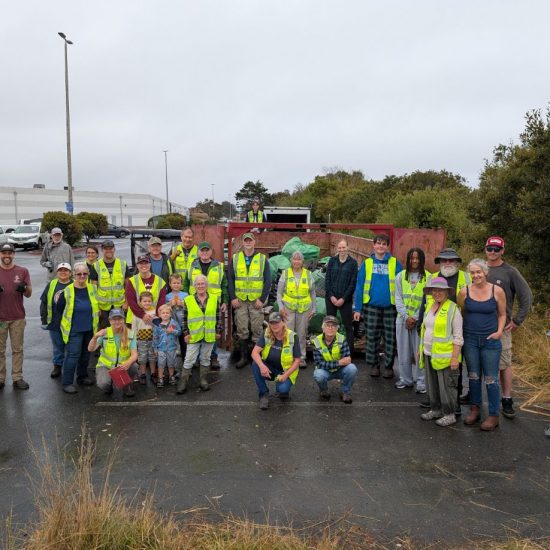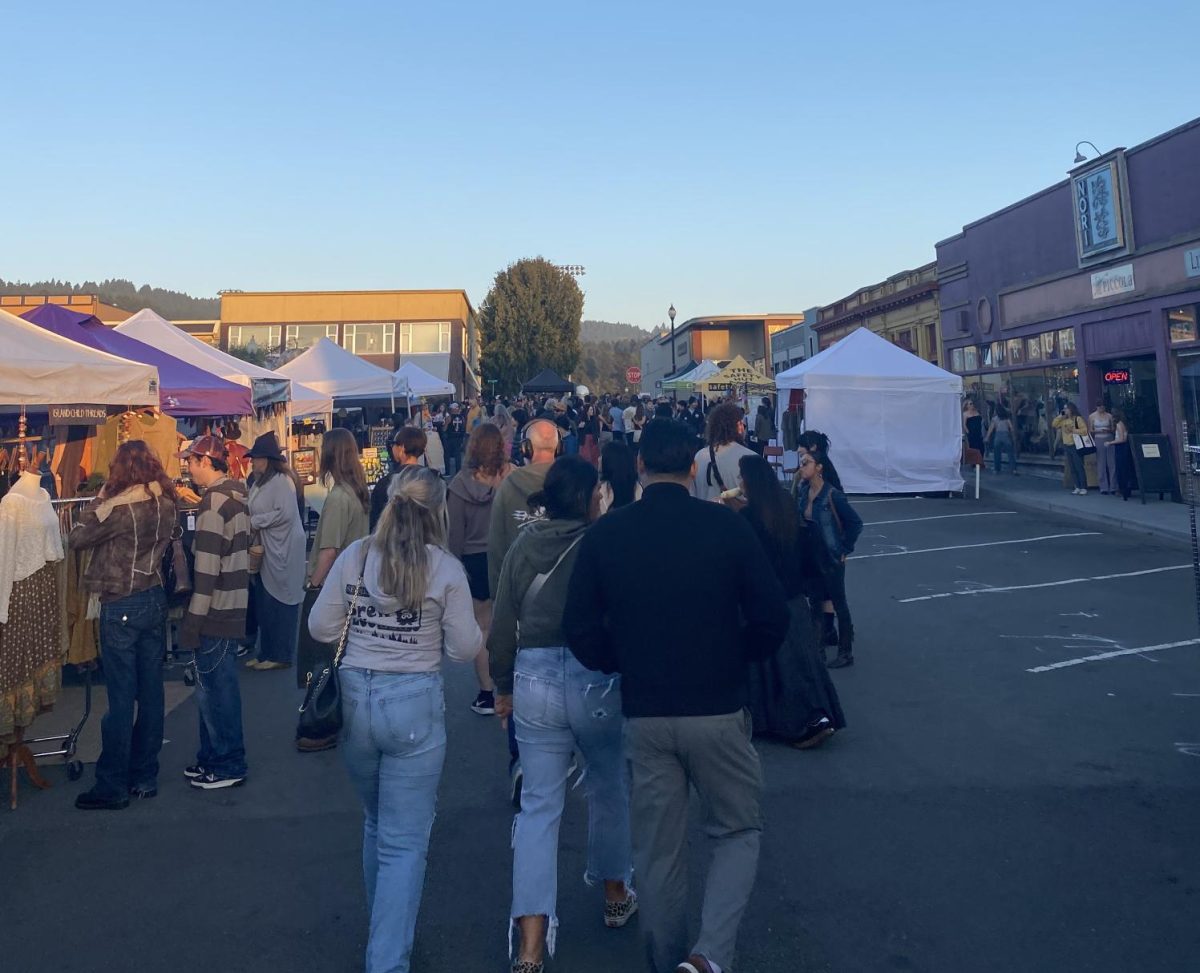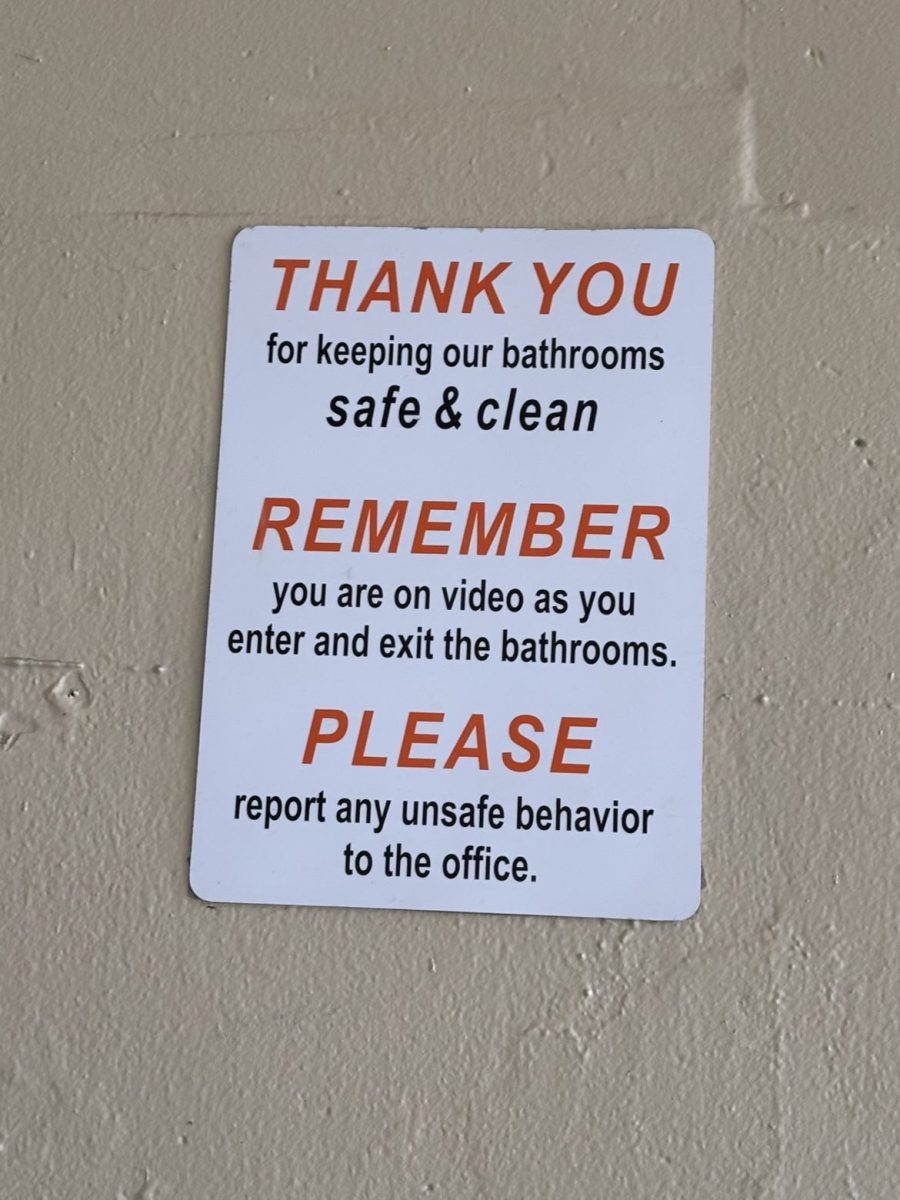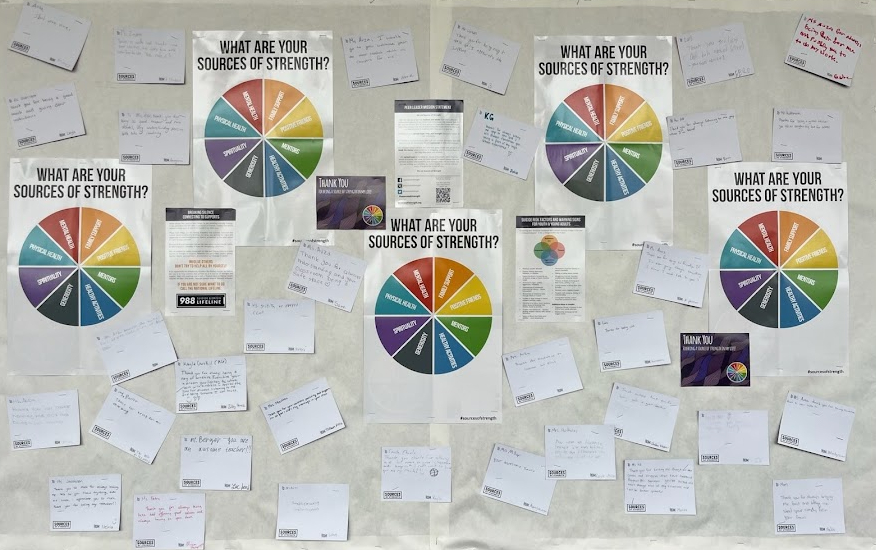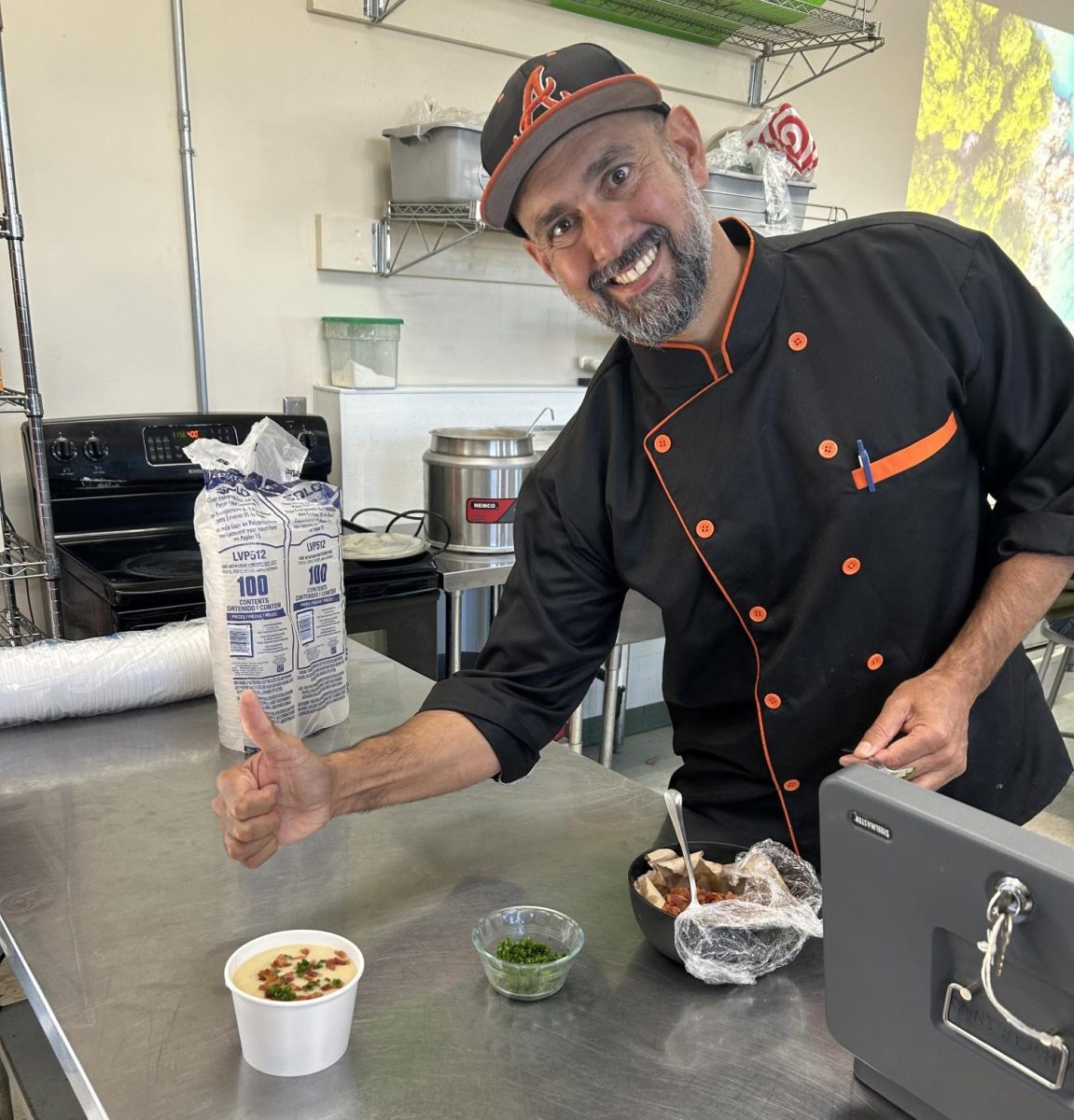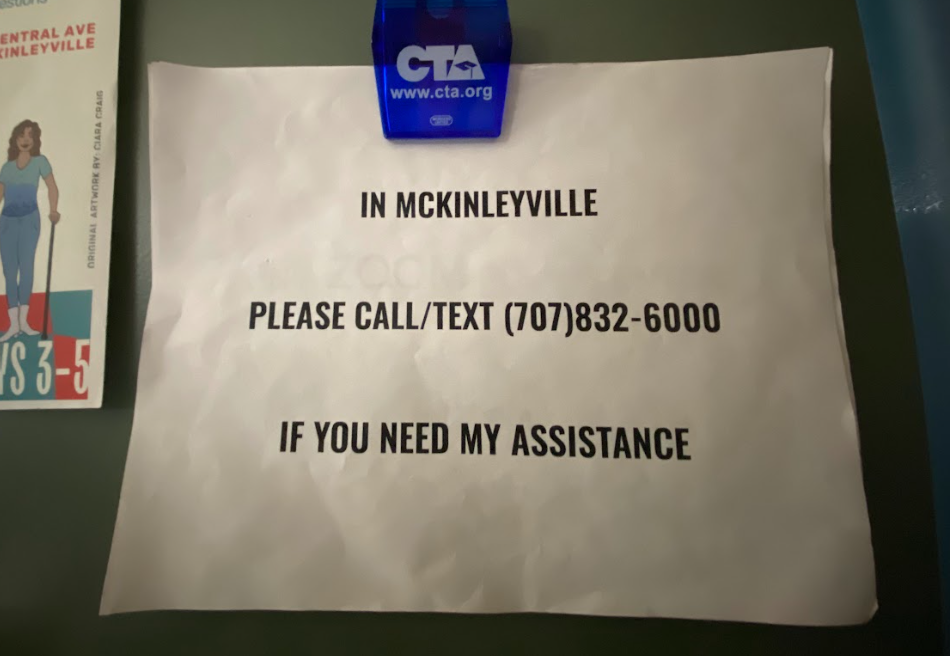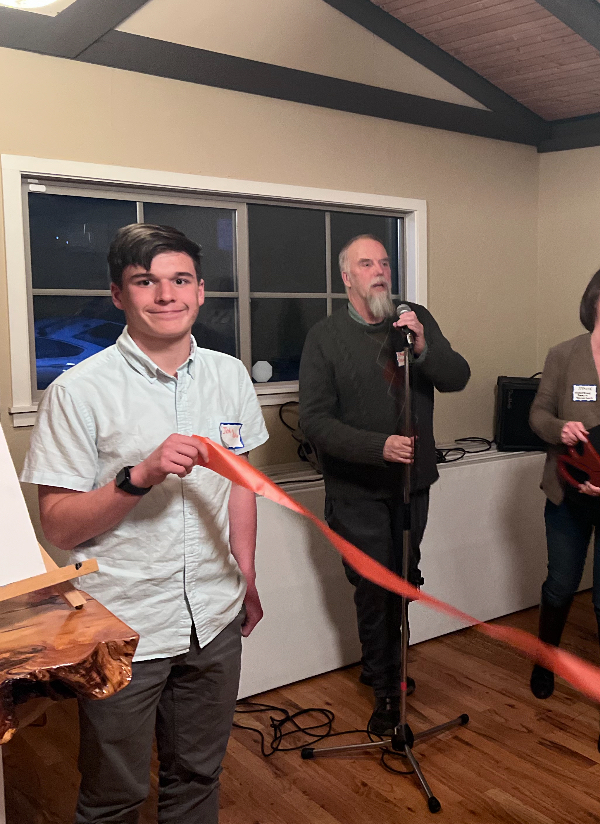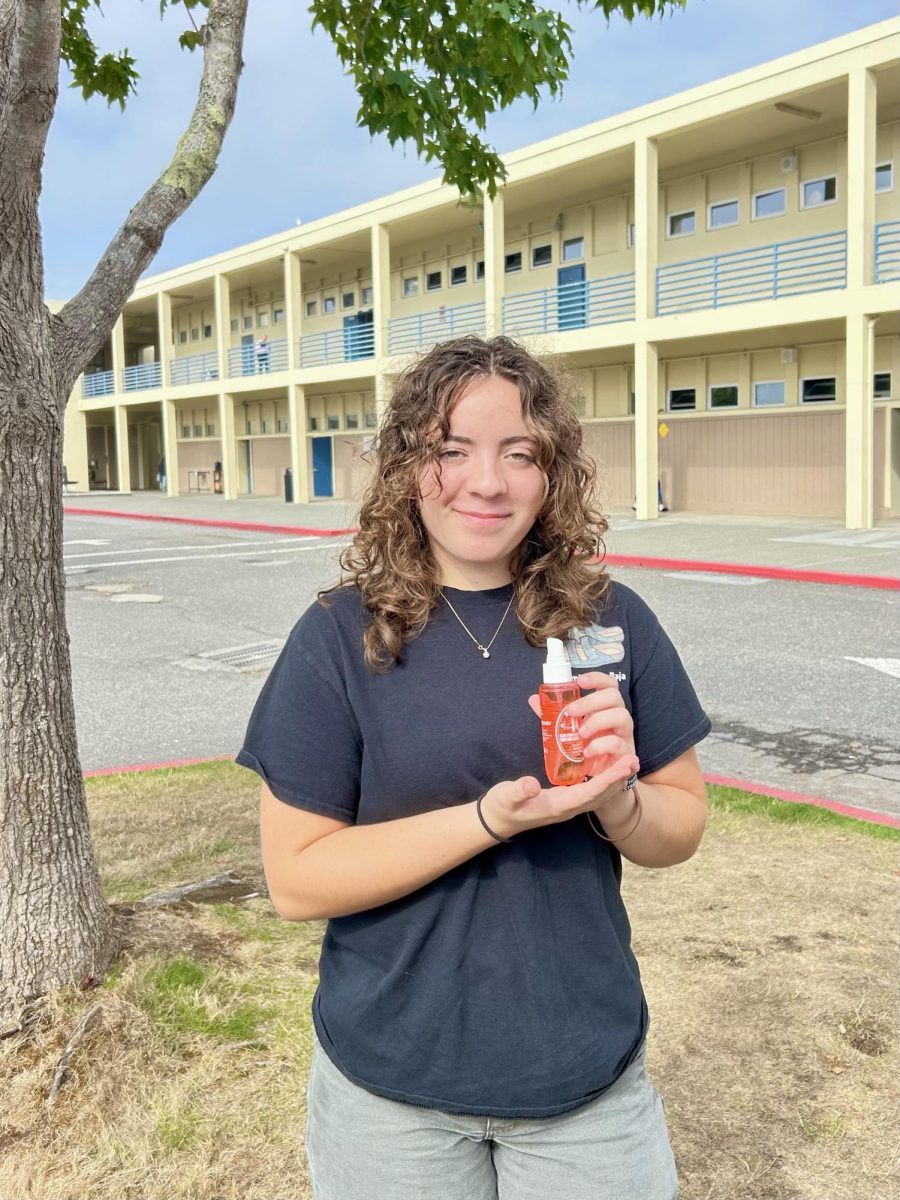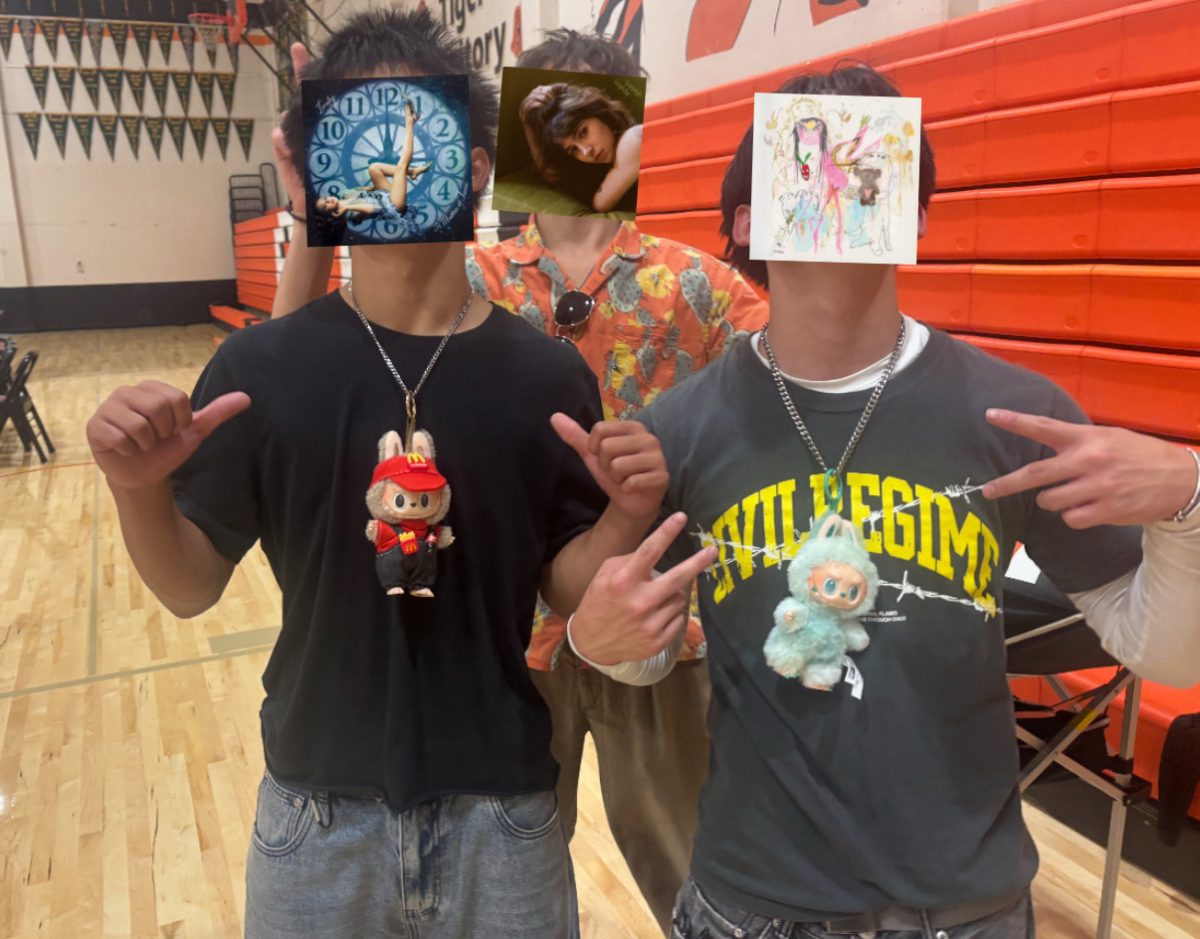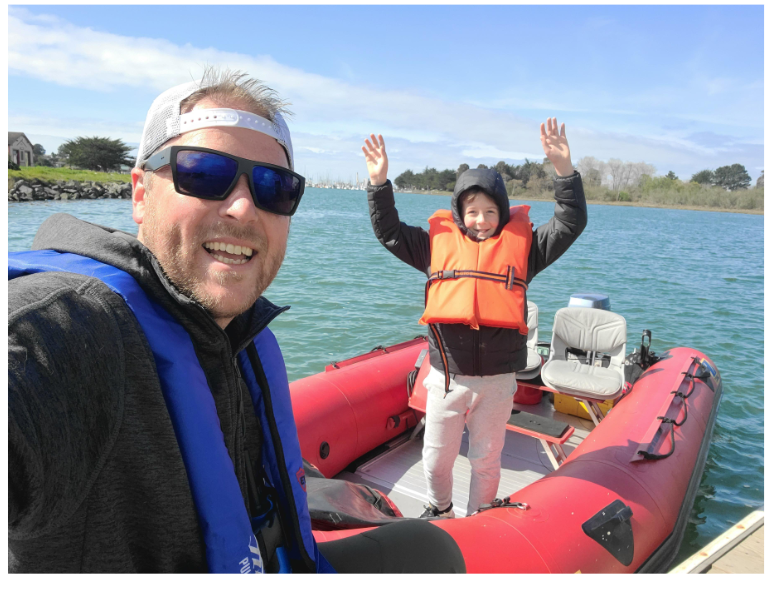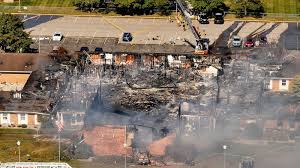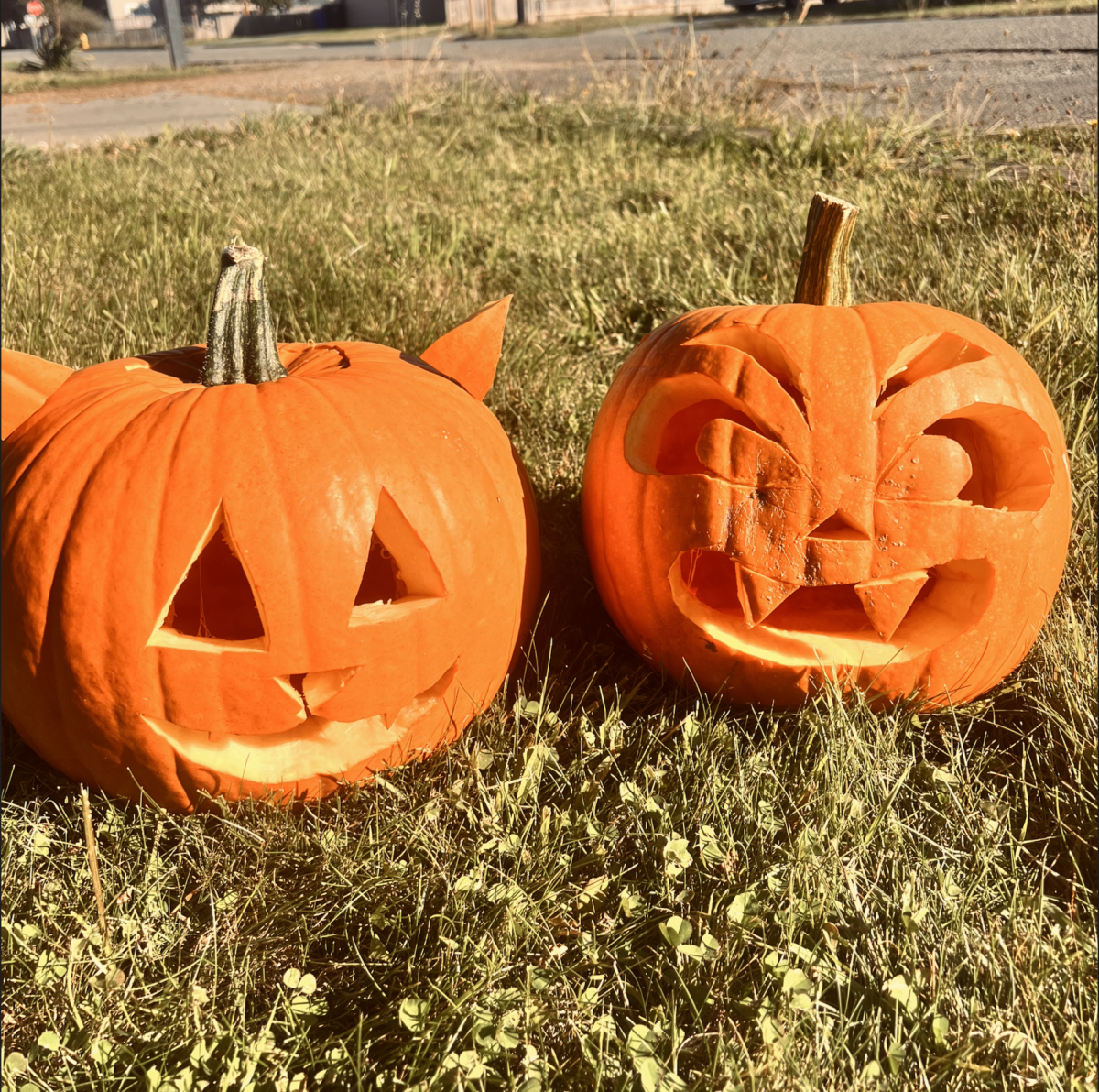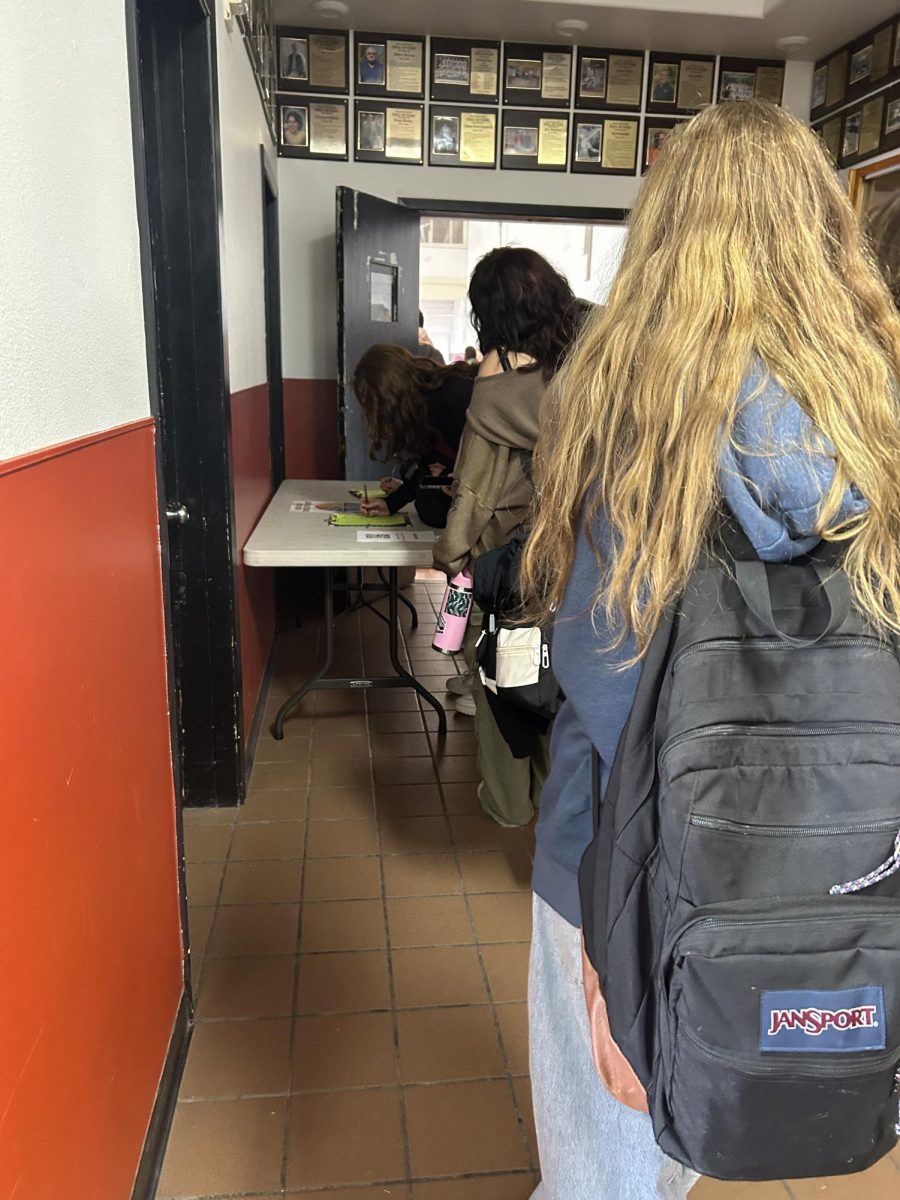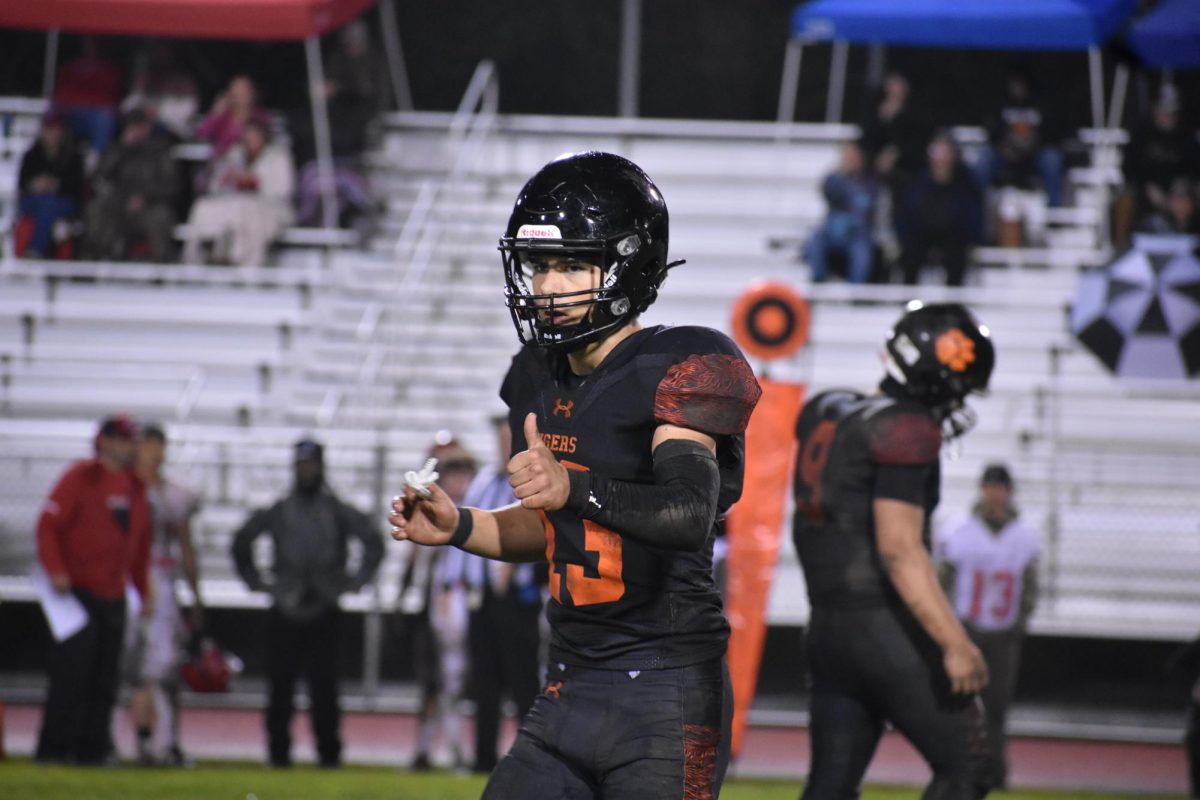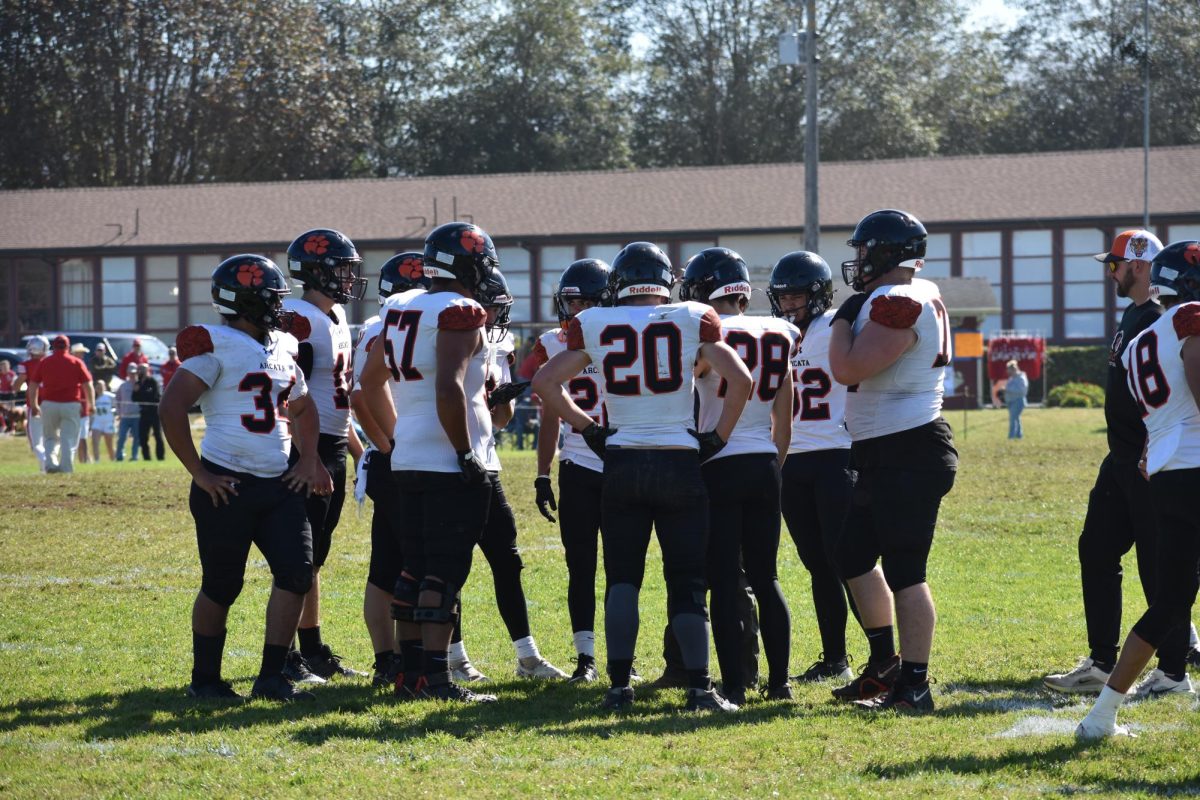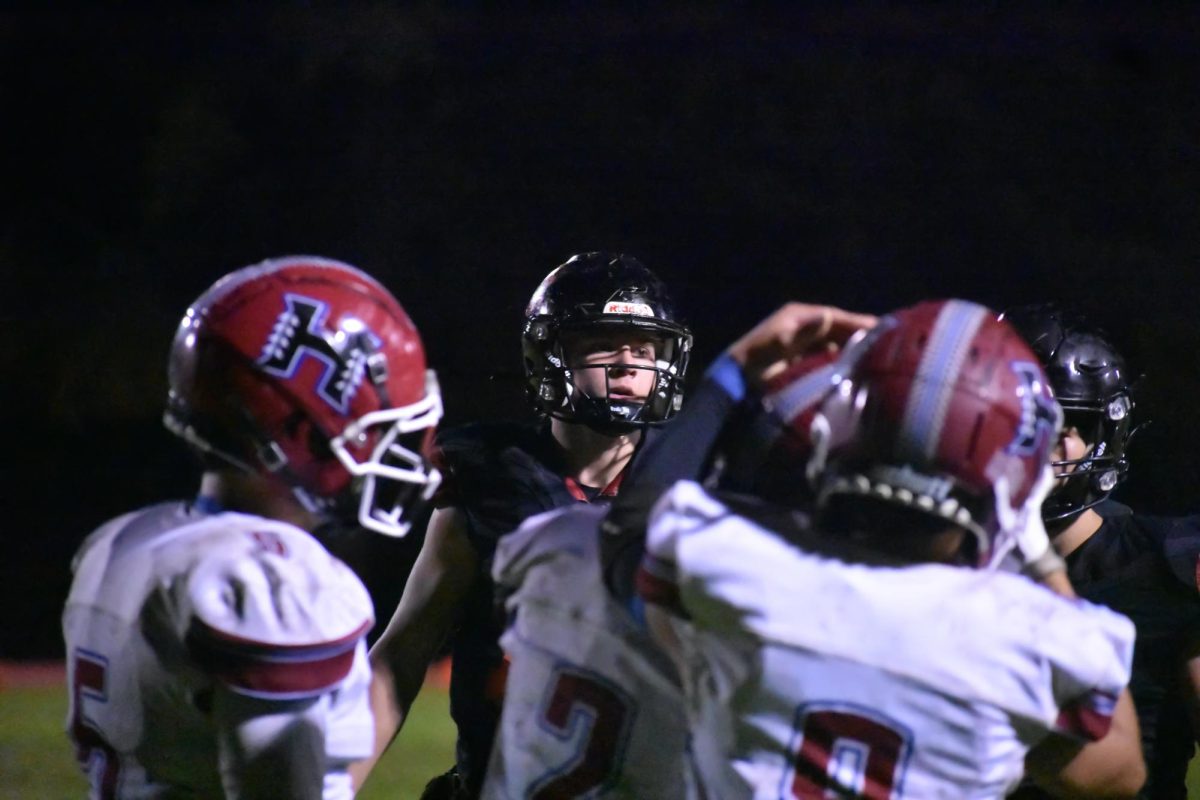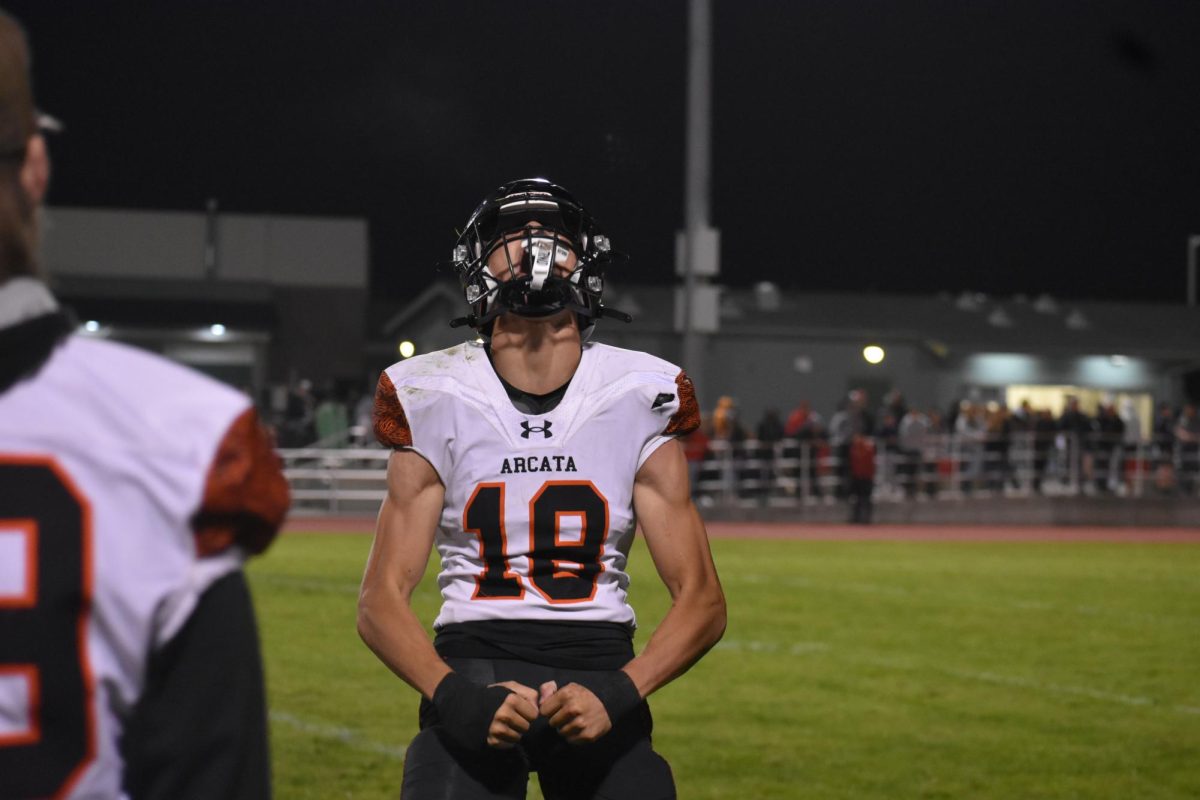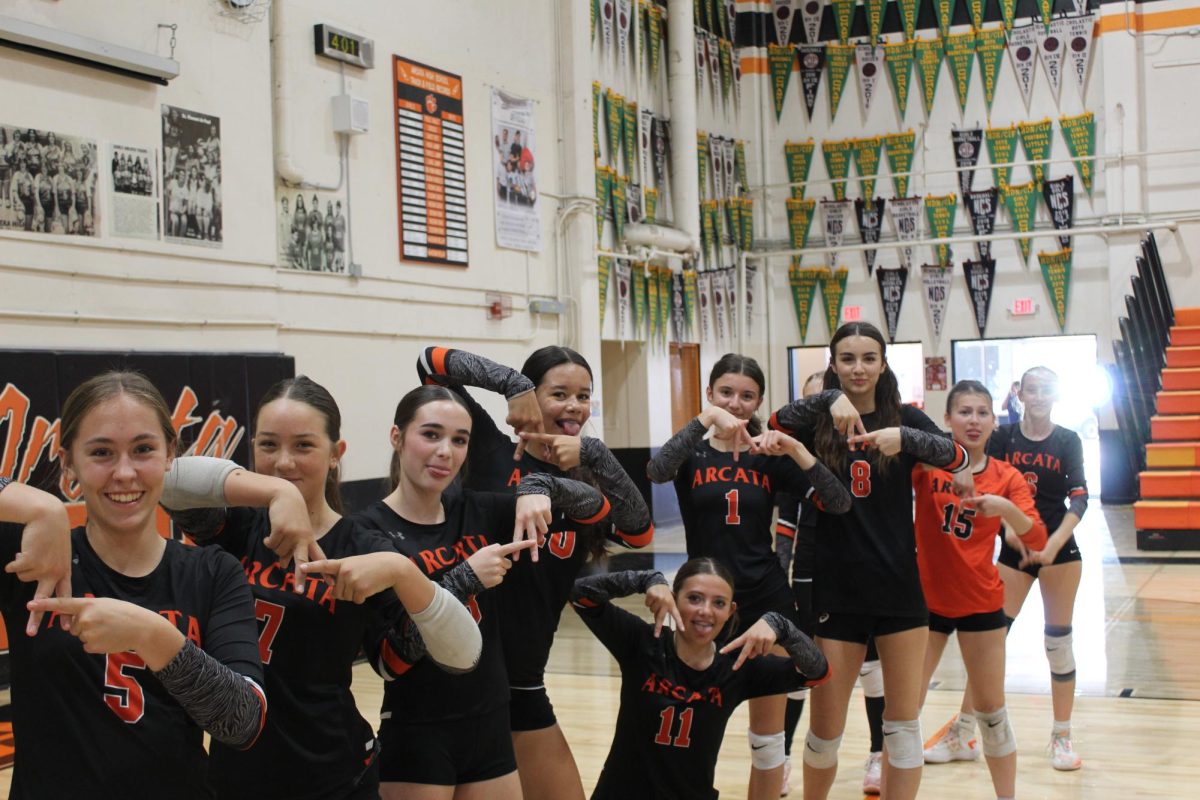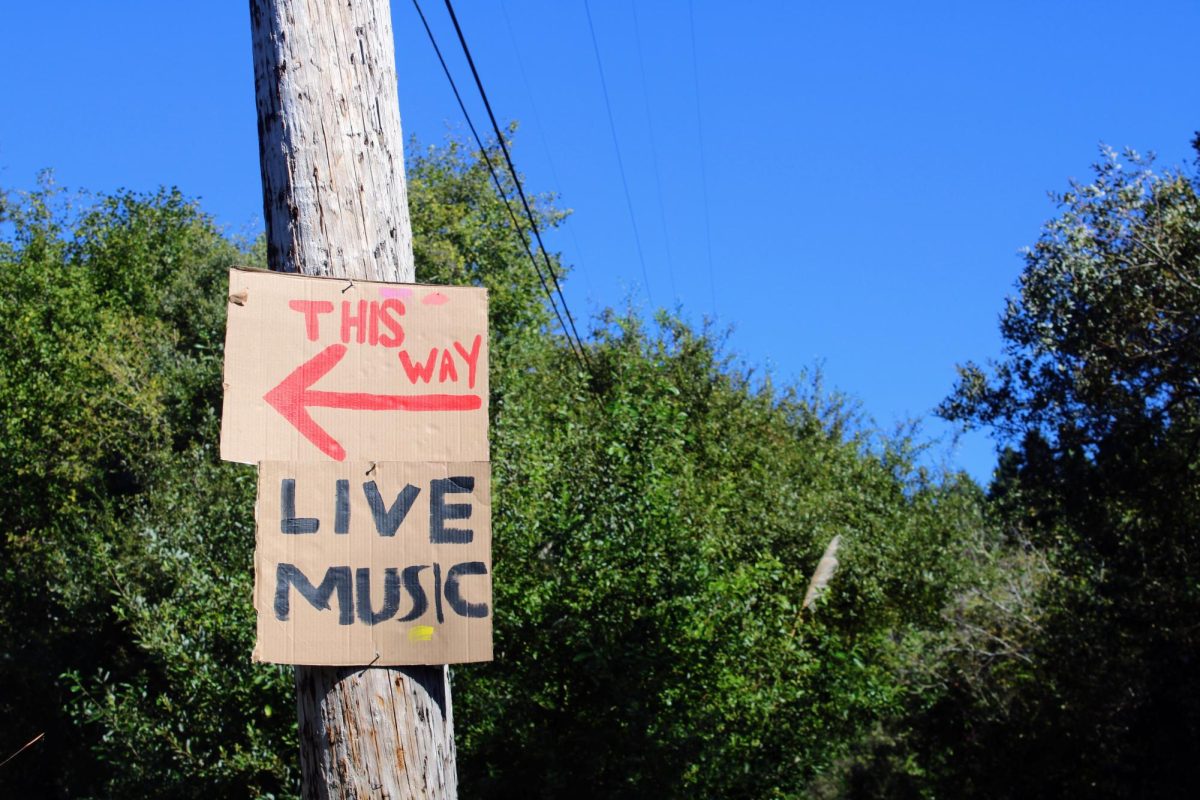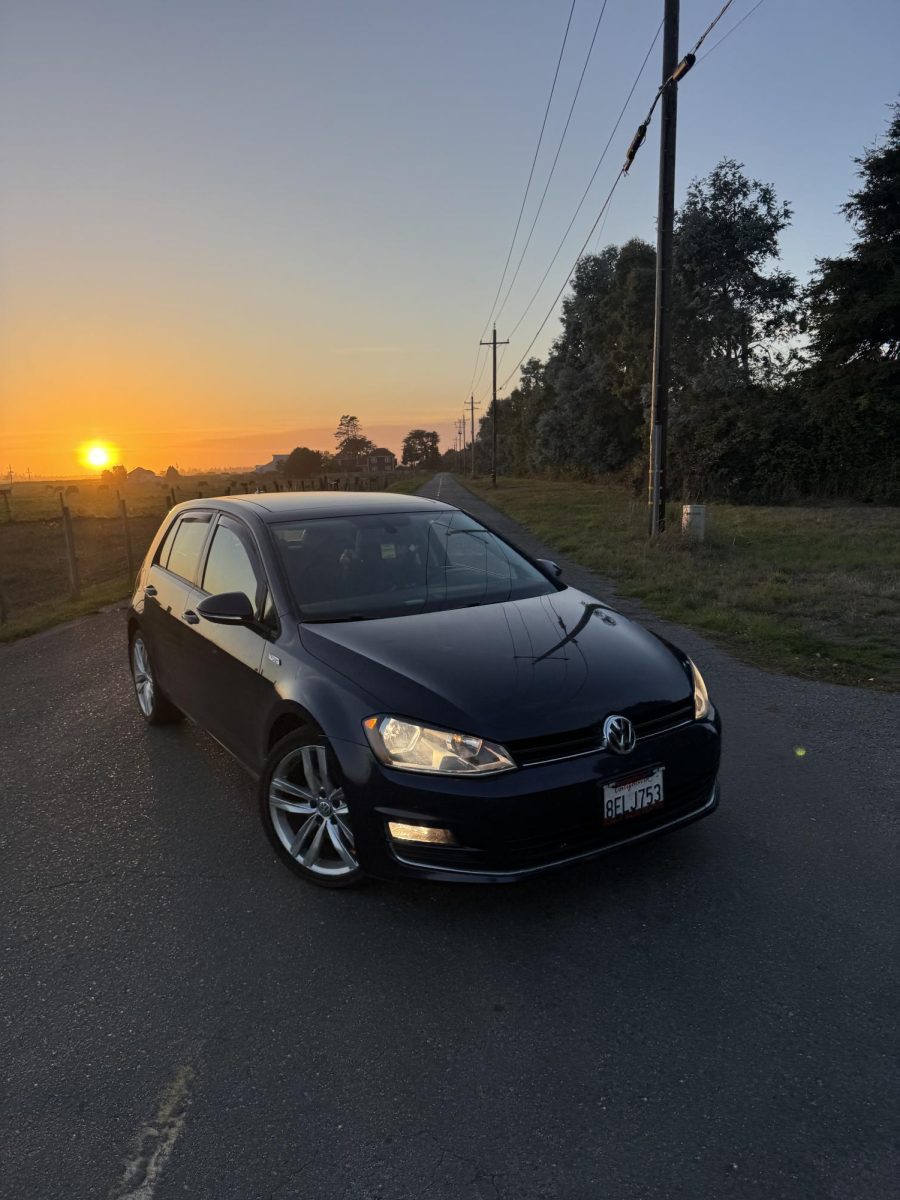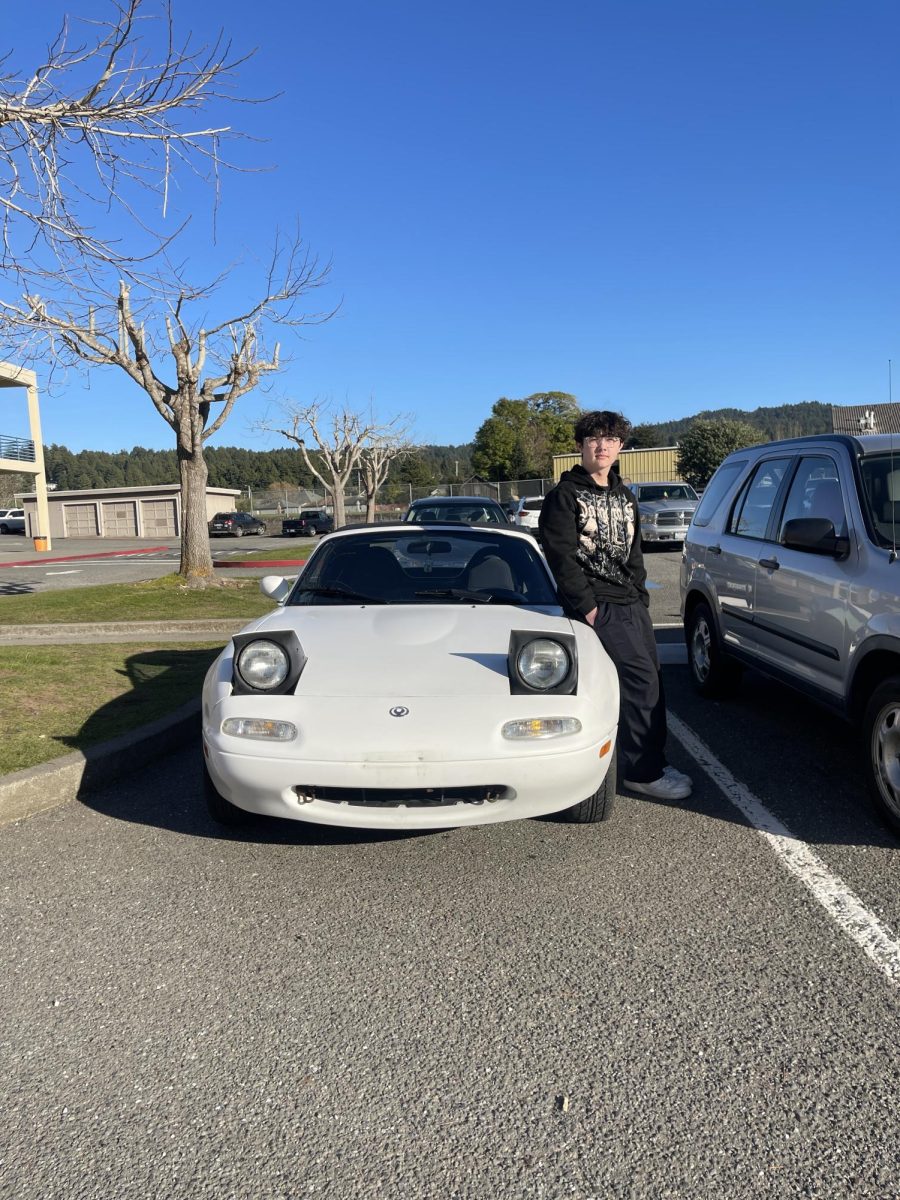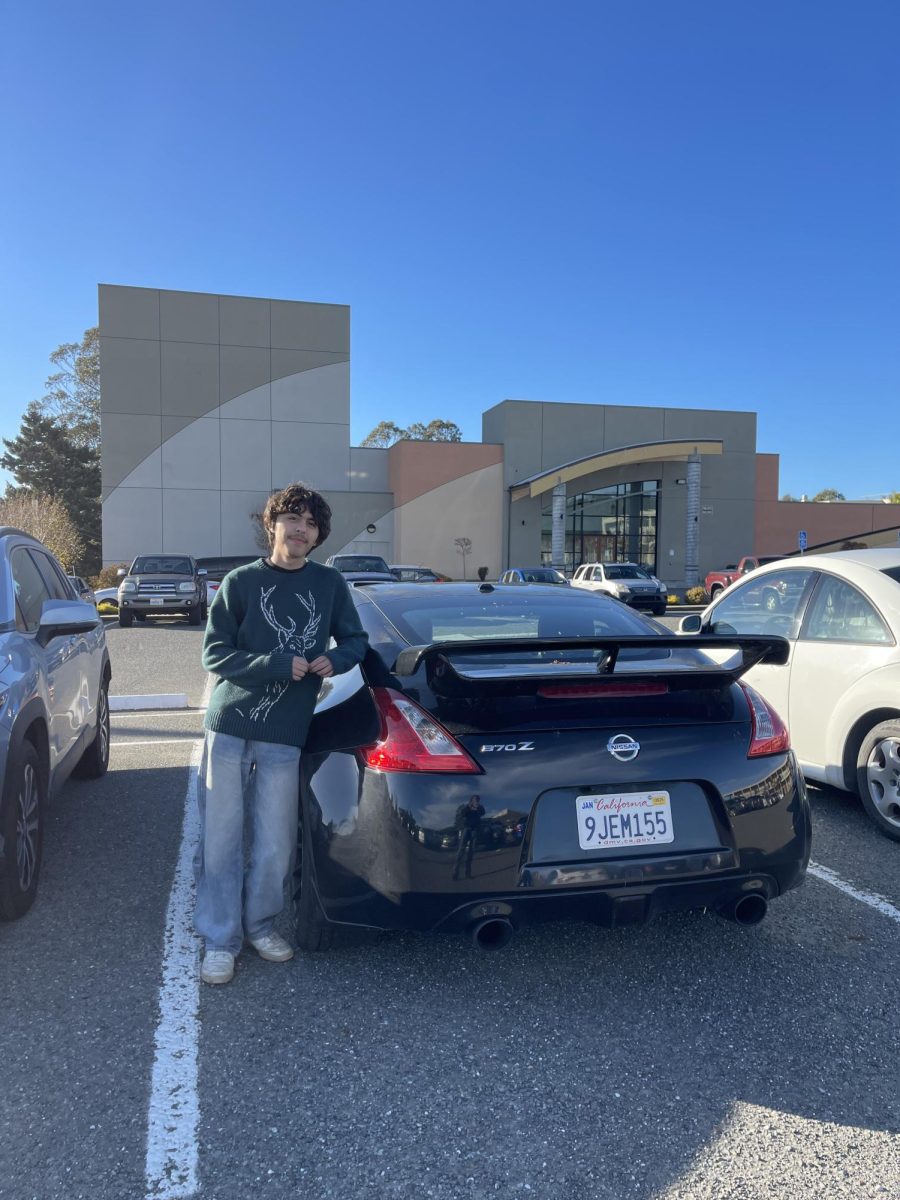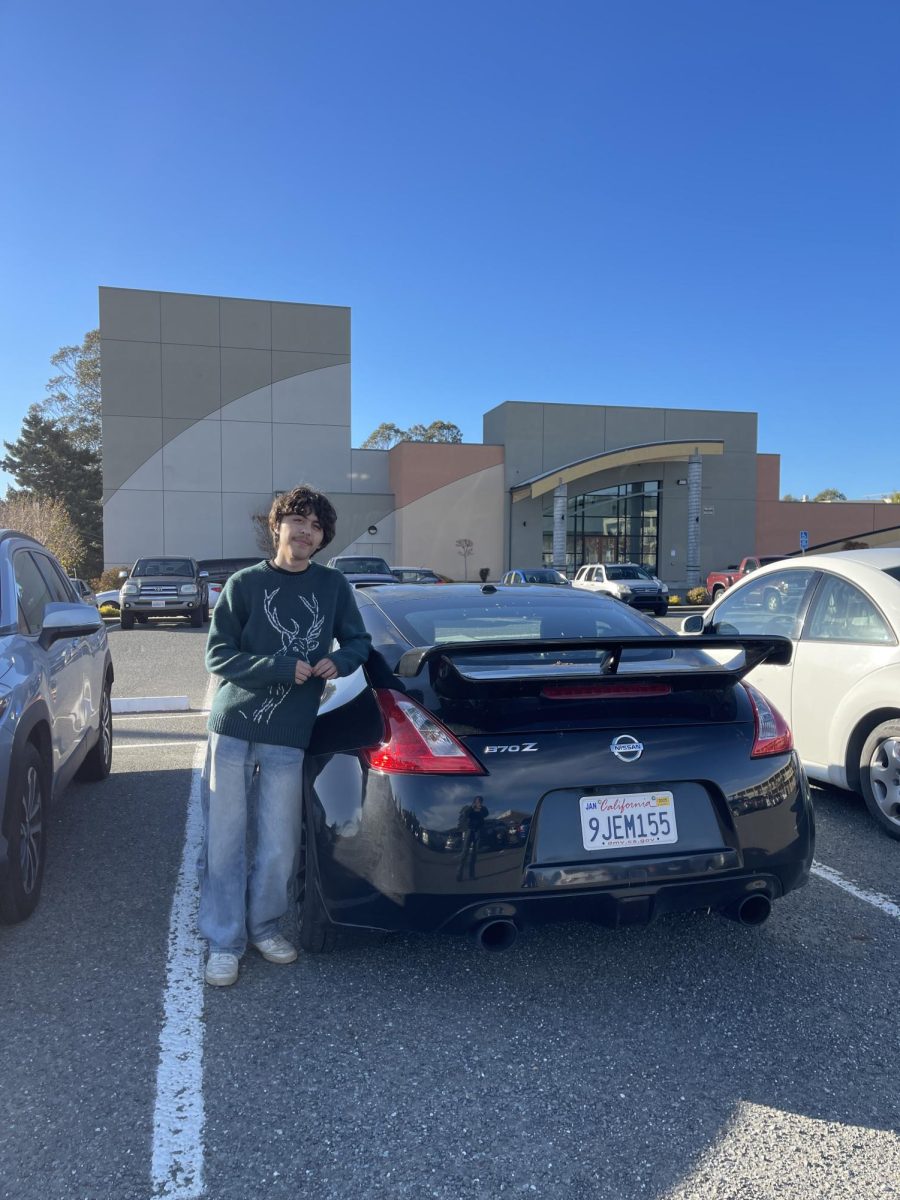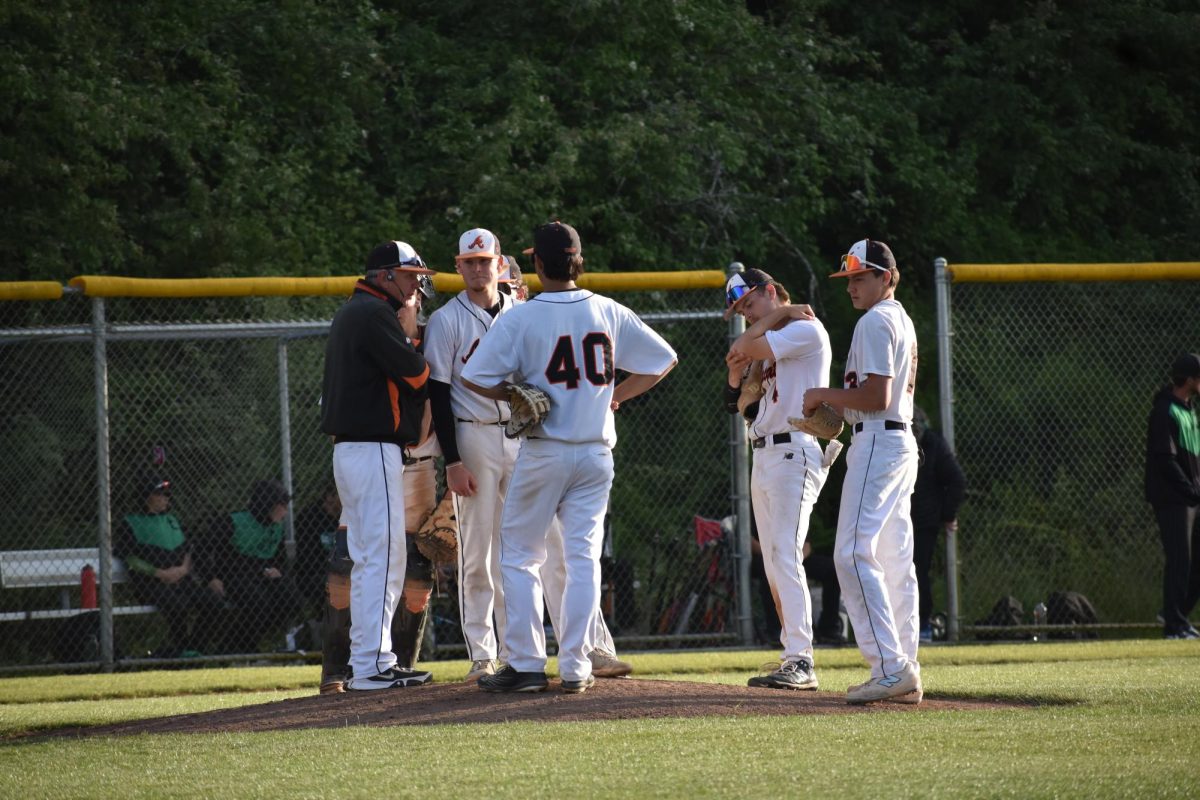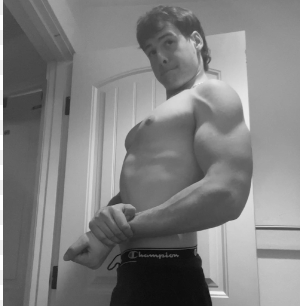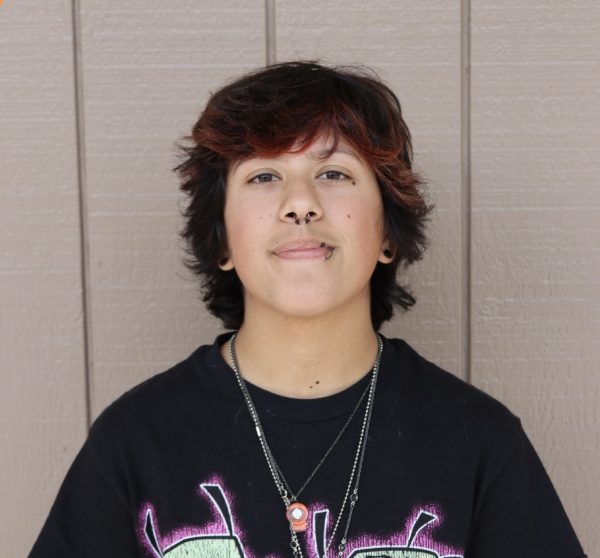Over the last few months, I’ve been reflecting on the biblical story of Noah’s Ark. With all of the headlines and rants seen in today’s media, I’ve found comfort in religious texts–mirroring modern man while reminding us how little has changed. It’s easier for me to accept moral doom when I can look back on history and see that it’s nothing new.
In Genesis 6:5-7, God said, “I will destroy from the earth the people I have created. And with them, the animals, birds, and creeping things,” after He began to see how wicked and sinful man had become. In my interpretation of the story, I feel that God was committing an act as evil as the ones He was attempting to eradicate; by flooding the earth and the majority of the creatures living on it, He was perpetuating the evil He claimed mankind suffered from.
Looking at modern hurricanes and floods, I find this story ironic. It is us–humankind–who have placed ourselves in this desperate position each time the earth gets angry with us, raining fire, flood and droughts down upon us. As we continue to shape our own extinction, we are essentially playing the role of God. However, the difference between God and us is that God could choose a savior, someone who would protect the beings “worth saving.” We have no such thing. Even with politicians, governments, and billionaires capable of making drastic changes to save us all, not one has or will step up. God will not save us, nor will Noah.
Paralleling the story of the Ark, I claim that we are in the early days of God’s flood. He gave great warning to His savior, Noah before opening heaven’s windows and letting rain drown the earth for one hundred and fifty days. Science has given us more warning than Noah ever was and yet here we are, with the floodgates opening and no sight of return.
Using the logic that man was created in God’s image, it seems only natural that we are following in His footsteps. Attempting to create a moral ground for ourselves only to use it in heinous and selfish ways. God is not inherently good, therefore, man isn’t either. Becoming our own oppressor, we have chosen to repeat God’s flood, this time playing the roles of Noah and God. It’s just that this may be our last flood…our last chance and we may have already chosen a path of eternal damnation.
Whether we have more time or not, it is each of us as individuals that have the opportunity to make a godly change; whether it’s for ourselves or each other, we hold our faith within ourselves. Once again, God will not save us, nor will Noah, but we can still save ourselves.
“God loves you/but not enough to save you.” -Ethel Cain

